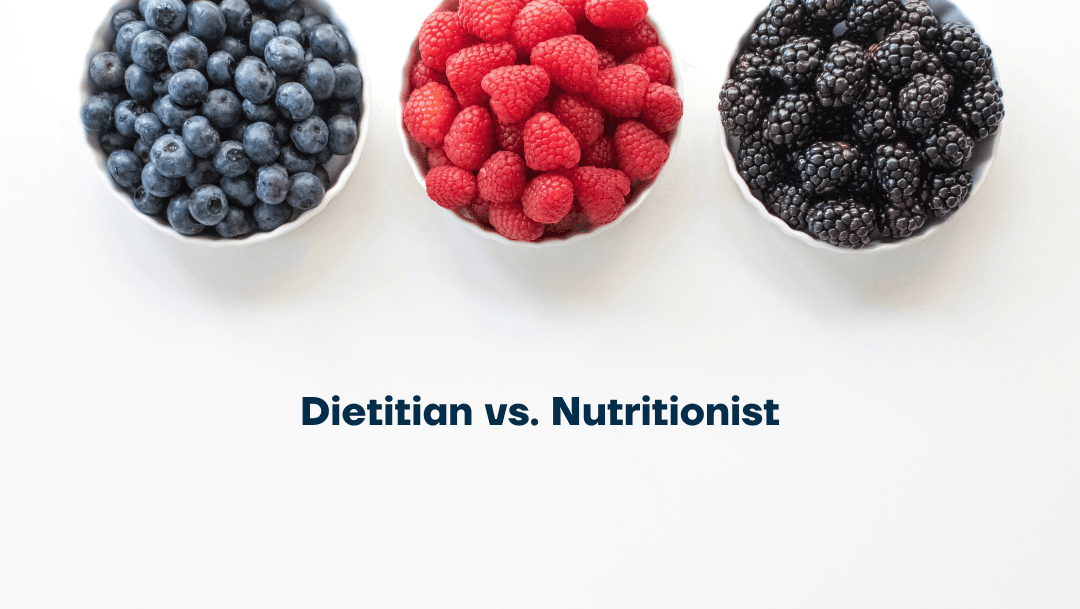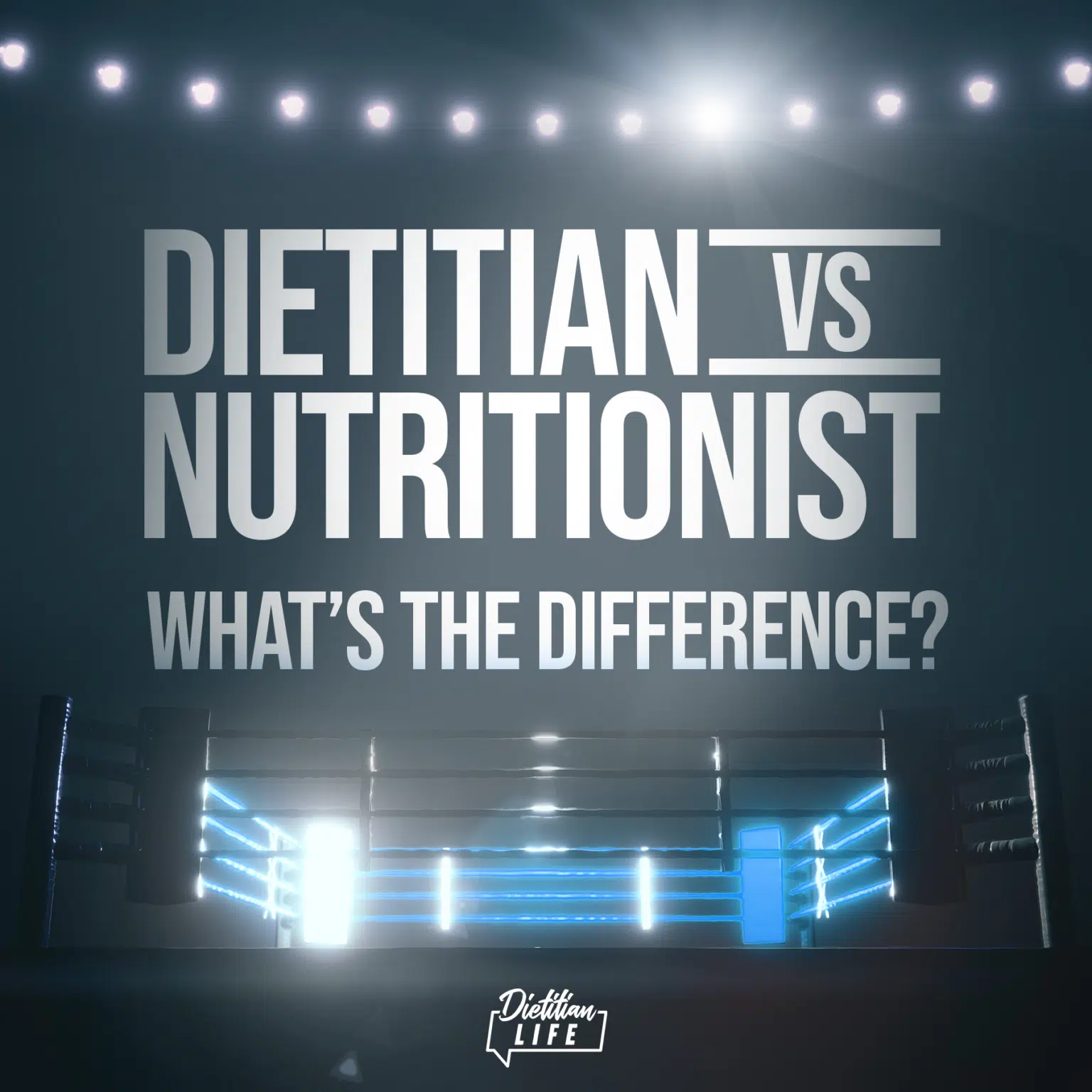All Categories
Featured
Table of Contents
The kinds of Nutritional experts are: and. The previous are those people that utilize the scientific method to study nutrients, both as individual substances and as they interact in food and nutrition while the last are professionals that aid in identifying the nutritional problems of neighborhoods and in discovering services to those problems.
: They function with health cares and international health and wellness organizations.: They are accountable for large-scale food planning and service.: They are professionals in nourishment and aging. They are Board licensed in Gerontological Nourishment with the American Dietetic Association.: They are mostly involved with dietary relevant study in the clinical aspect of nourishment in condition states, public aspect on main, secondary and in some cases tertiary health avoidance and foodservice element in problems involving the food planned for clients.
How Do I Find A Clinical Nutritionist Service?
: These function as source people for the media. Dietitians' competence in nutrition is commonly taped for television, radio, and newspapers-- either as an expert visitor point of view, regular reporter or visitor, or for resource, dining establishment, or dish advancement and critique.: These job under private practice. As discussed above, all dietitians are nutritional experts yet not all nutritional experts have the credentials and certifications to be called dietitians.
This means specifically the exact same point as Registered Dietitian (RD), a term that has been in usage for a lengthy time. While accreditation to come to be an RD or RDN is regulated by the Academy of Nourishment and Dietetics a national company licensure is managed by specific states.

In order to supply clinical nourishment treatment and certify as carriers for insurer, a dietitian should be licensed by the state. According to the Bureau of Labor Stats, the need for dietitians and nutritionists is expected to increase by 20% between 2010 and 2020 this is a much faster development rate than the standard for all line of work.
What Does Pregnancy Dietitian Cost?
There are significant differences in payment based on specialization, with Clinical Pediatric Dietitians and Milk Nutritionists balancing roughly $90,000. In 2014, The Bureau of Labor Statistics (BLS) discovered that the leading 10% of dietitians and nutritional experts gain greater than $79,000, and the lower 10% less than $36,000 - Best Dietitian for Weight Gain. A mean hourly wage of $27.62 was calculated for both industries, with the top 10% earning over $38.00 per hour, and the bottom 10% earning listed below $17.00 per hour

However, there is a variety of work offered in various atmospheres for those that desire to work with the public, as well as for those who favor even more research-focused work. Numerous get involved in one of these fields in order to help people live much healthier lives which can be profoundly satisfying.
With current stats that one-third of the U.S. population is overweight, in addition to a lot of elderly U.S. citizens, dietitians and nutritional experts are most likely to have a more substantial duty in the future. My Plan ranks dietitians and nutritionists at # 53 in their happiness index of leading 300 occupations with the highest possible task complete satisfaction scores.
Along with going to a recognized program, a lot of states need dietitians to be accredited or to have expert accreditation, or both. On the other hand, only concerning half of states require such credentials for nutritionists. Also so, many professional duties for nutritionists require at the very least a bachelor's degree, and the very same qualification is readily available for nutritional experts and dietitians alike.
How Much Does A Ibs Dietitian Cost?
Your core classes may consist of: Food science Chemistry Wellness care policy Medical nourishment Biostatistics Microbiology Food service administration You'll additionally need to complete a dietetic internship.

And to advance in the field, you'll likely need a master's degree. Whether written in legislation or not, dietitians and nutritional experts lots of times require a comparable education and learning. Common bachelor's degrees for nutritional experts include nourishment scientific research or an associated self-control, such as dietetics, kinesiology, food system monitoring, or biochemistry and biology. Several of your courses might consist of: Fads in nourishment Biomedical data Professional nourishment Food, nourishment, and actions Nutritional ecology Neighborhood nutrition Physiology Some level programs consist of internships, but in others you'll have to discover possibilities by yourself.
The number of hours you'll require may depend upon needs in the state where you'll function. Whether you plan to earn a credential or not, it's a good concept to complete a minimum of one internship to acquire valuable experience before seeking a full time duty. Licensing and accreditation demands for nutritional experts and dietitians differ from state to state.
What Is The Best Sports Nutritionist Service?
A specialist certification shows your experience and knowledge in your area. Below are the top certifications for dietitians and nutritionists.
The titles are essentially the same. There's no specialist difference in between them, and you're complimentary to pick which one you intend to utilize based on personal preference. To take the qualification test, you must: Gain an undergraduate degree that's approved by the ACEND Total a dietetics teaching fellowship After Jan. 1, 2024, you'll need to make a master's level to get the accreditation.
What Is The Best Accredited Nutritionist Service?
There is an array in incomes, with the bottom 10% around $44,910 and the leading 10% around $98,830, according to the BLS. Nutritional expert and dietitian functions are anticipated to expand 6.6% through 2032, according to the BLS.
This doesn't mean that a person profession transcends to the various other, as they both have various features and certifications that could sometimes overlap. If you want to find out more concerning what makes these careers distinctive, keep reading. Dieticians are professionals that aid enhance the quality of life through healthy and balanced food options.
Is It Worth Paying For Functional Dietitian?
Nutritional expert suggestions regarding nourishment's effect on health. The area is much less controlled than diet professionals; thus, nutritional experts' degrees of proficiency and qualifications can differ.
There are numerous distinctions between diet professionals and nutritional experts. Below are the training and history specifications. Dieticians commonly hold a bachelor's level in dietetics, nourishment, or a related field. As their careers advance, many dieticians seek postgraduate degrees, like a Master's or Doctorate, to be experts in specific areas of nutrition. Diet professionals must carry out monitored sensible training as part of their education and learning to gain hands-on experience in scientific setups, area nutrition programs, or food service management.
Latest Posts
Experienced Workout Plans – [:area]
Engaging Bootcamp Classes Near Me – Riverton 6148 WA
Affordable Nutritional Support Near Me – [:suburb] [:state]